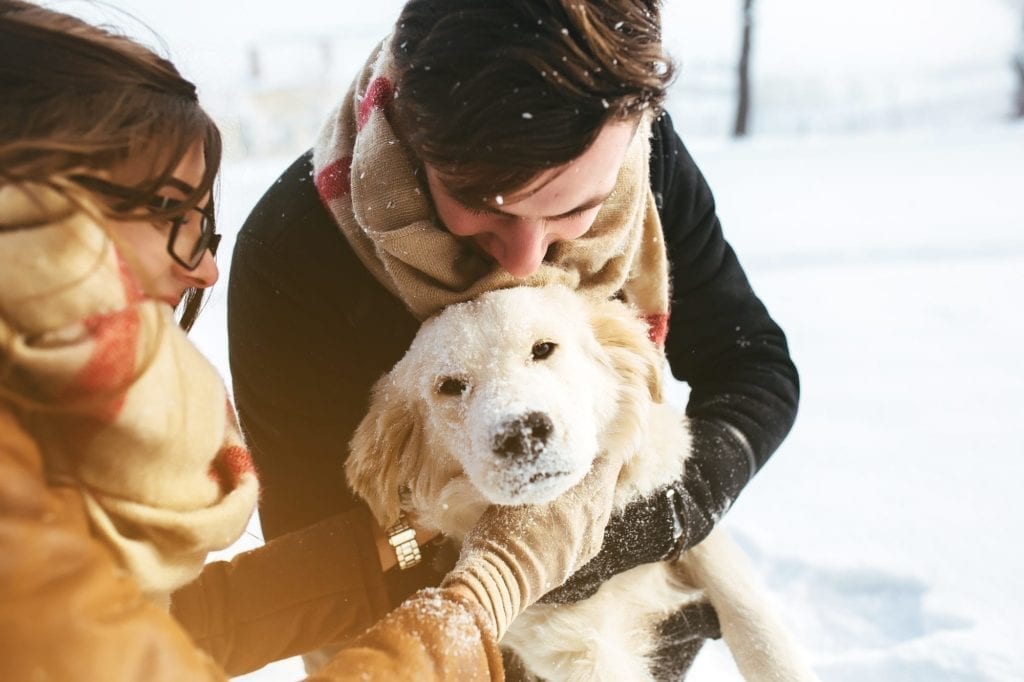During the holiday season, we tend to overindulge. Whether it’s a lack of sleep or an excess of sugar, it can be easy to overlook what your body needs to celebrate the holiday spirit with friends and family. While there’s nothing wrong with a little enjoyment, many turn to cleanses to give them a healthy alternative to getting back on track for the new year. Cleanses can be a beneficial tool for humans, yet some wonder if these trendy regimes can provide the same positives for our pets, and more specifically, our dogs.
While we don’t recommend a traditional juice cleanse for Fido, there are other cleanses that are far more doable: phasing a food or chemical out of your dog’s diet, switching up the norm for superfoods etc. You can even look at a cleanse as a fun project to map out for your beloved dog, and we’ve compiled some things to keep in mind as you begin:
1. Do your research. Why do you want to detox? Cleanses can have outstanding benefits, but they can also be an unnecessary and costly step for many households. Ask yourself why you want to do a cleanse, and what benefits you’re looking for for your dog. Luckily, there are hundreds of pet owners who have shared their experiences and recommendations online, so you can see what cleanses may be best for your pup’s specific needs. You can also base your cleanse research off of what area of the body needs a detox: liver, kidney, etc.
2. Record some ideas. Once you’ve understood the specific benefits you want for your dog, you can begin grouping what foods you think would make a good cleanse mix. Various sites like Pinterest incorporate cleansing and meal planning into one fun Sunday project, so you can begin planning what you think will be a good outline to start building from.
3. Ask your vet. Before changing your dog’s diet or implementing any detox plans, it’s essential to visit with your vet to discuss your reasoning and research. While some vets may encourage phasing out certain foods permanently, some vets will recommend against a cleanse. That’s okay: cleanses are not for every dog, and not every dog needs a detox! If your vet recommends moving forward, they will be able to explain the best way to start implementing your plan.
4. Look at your dog’s history. If your dog hates broccoli, a brightly-colored cleanse will probably not entice him into becoming the vegetable fan you envisioned. Implement your cleanse around your dog’s preferences, likes, and dislikes, and this will ensure the smoothest transition while changing diets. Additionally, some foods trigger gastrointestinal responses in dogs, and you’re the best judge of what foods to avoid based off your dog’s history.
5. Watch for changes in behavior. If you’ve discussed a cleanse plan with your vet and begun changing your dog’s diet, it is important to watch for any signs of changed behavior. This can indicate progress, but also let you know if something isn’t quite working out. Best of luck!

